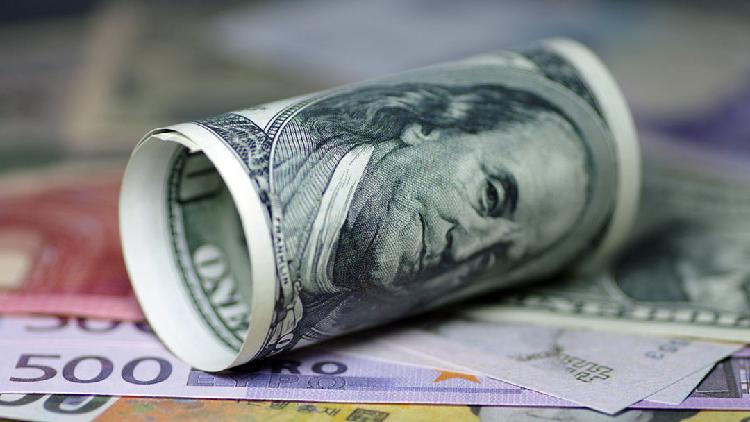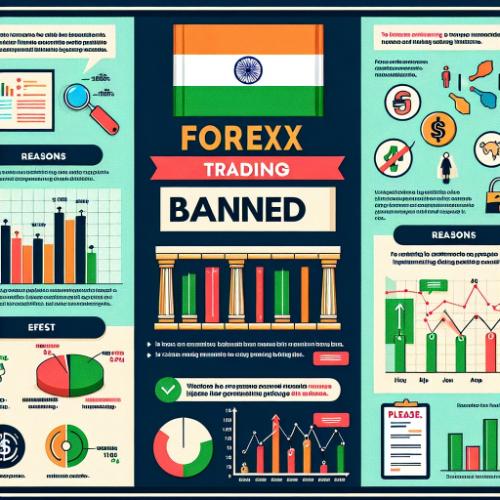Introduction
In the labyrinthine world of forex (foreign exchange) trading, China stands out as an enigmatic anomaly. The nation, once poised to become a global financial powerhouse, has enacted a sweeping ban on forex trading, leaving countless investors and traders perplexed and seeking alternatives.

Image: news.cgtn.com
This article delves into the intricacies of China’s forex ban, exploring its rationale, implications, and the alternative avenues available to Chinese traders. By unraveling the intricacies of this complex issue, we aim to provide clarity and guidance for those seeking to navigate the ever-evolving landscape of global finance.
China’s Forex Ban: A Historical Perspective
China’s forex ban is not a recent development. Its roots can be traced back to the early 1990s, when the country was grappling with rampant inflation and a rapidly depreciating currency. As a desperate measure to stabilize its financial system, the Chinese government imposed strict controls on foreign exchange transactions, including a ban on retail forex trading.
The objectives of the ban were twofold: to prevent capital flight and to protect domestic investors from the inherent risks associated with forex trading. Capital flight, a term used to describe the outflow of capital from a country, can destabilize financial markets and undermine economic growth. By restricting the cross-border movement of money, China sought to safeguard its economy.
Implications of the Ban
The forex ban has had a profound impact on China’s financial landscape. Retail investors have been largely deprived of the opportunity to participate in the global forex market, which has limited their ability to diversify their portfolios and generate additional income. This ban has also hindered the development of a domestic forex industry, depriving China of the benefits that come with a robust and sophisticated financial ecosystem.
However, the ban has also served its intended purpose in some respects. It has helped to stabilize China’s currency and prevent excessive speculation in the domestic markets. Furthermore, it has protected retail investors from potential financial ruin, as forex trading carries inherent risks that can be particularly detrimental to inexperienced traders.
Alternatives to Forex Trading in China
Despite the ban, Chinese investors have not abandoned their desire to participate in the global financial markets. Over the years, they have sought alternative investments that offer similar opportunities for growth and income generation.
One popular alternative is stock trading. China has a vibrant stock market, which offers a wide range of investment opportunities across various sectors and industries. Chinese investors can also invest in other asset classes, such as bonds, mutual funds, and real estate. These investments provide varying levels of risk and return, allowing investors to tailor their portfolios to their specific needs and risk tolerance.

Image: booksfromdusktilldawn.blog
Expert Tips for Navigating the Forex Ban
For those seeking to engage in forex trading despite the ban, there are several tips that can help mitigate the risks and maximize the potential rewards.
Utilize Overseas Brokers: Chinese traders can access the global forex market through offshore brokers that do not have a physical presence in China. However, it is crucial to conduct thorough research and choose a reputable and reliable broker.
Educate Yourself: Forex trading involves complex concepts and strategies. It is imperative for traders to educate themselves thoroughly before risking any funds. This includes understanding technical analysis, fundamental analysis, and risk management techniques.
Frequently Asked Questions
Q: Why is forex trading banned in China?
A: The ban is intended to prevent capital flight and protect domestic investors from financial risks.
Q: Are there any legal alternatives to forex trading in China?
A: Stock trading, bonds, mutual funds, and real estate are viable alternatives for Chinese investors.
Q: Can I trade forex in China using an overseas broker?
A: Yes, but proceed with caution and ensure the broker is reputable.
Forex Trading Is Banned In China
Conclusion
China’s forex ban has had a transformative impact on the country’s financial landscape, both positive and negative. While it has stifled retail forex trading and hindered financial innovation, it has also stabilized the currency and protected inexperienced investors from potential losses. For Chinese traders seeking alternatives, stock trading, bonds, and other asset classes offer viable options for participation in the global financial markets.
Are you intrigued by the complex dynamics of the forex ban in China? Share your thoughts and insights in the comments below.






